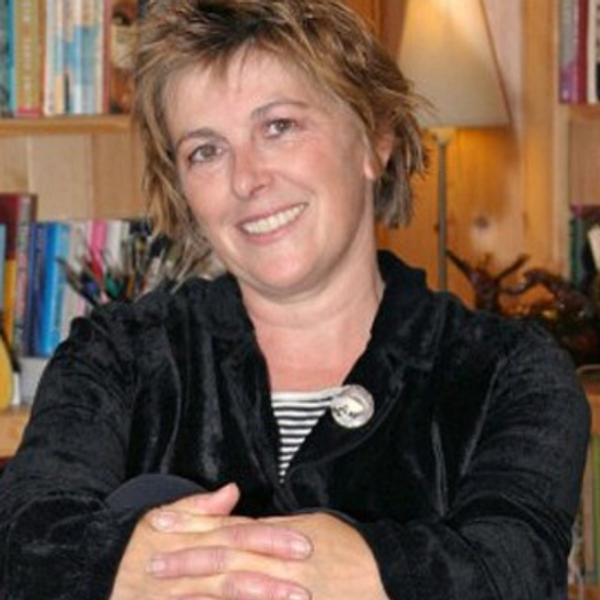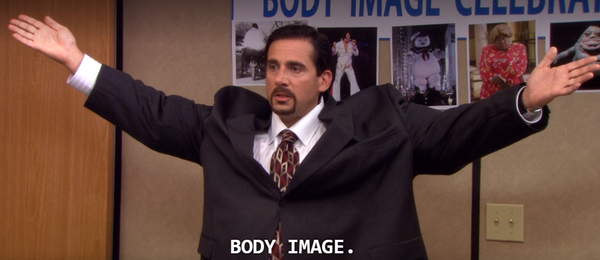James L. Young is the author of the “Usurper’s War” and “The Vergassy Chronicles” series. His Amazon page can be found here.
Wallace: What made you start writing?
Young: I’ve always been an avid reader. So, when I was little, I started writing stories long hand. They were mainly silly, but once I began the bug stuck.
Wallace: What made you interested in alternate history?
Young: I’ve been a history buff since about 8 or 9. World War II at first, then most military history. When I was around 10 or 11, I found a collection of short stories with some alternate history in them. Before that, I didn’t know what alternate history was—but after that I started dabbling in it.
Wallace: What inspired your “Usurper’s War” series?
Young: A few years ago, I read the book “The Most Dangerous Enemy” by Stephen Bungay. In it, he provided primary source evidence that much of Churchill’s cabinet and party wanted to seek a separate peace post Battle of Britain. Many of them believed the Americans weren’t coming and Great Britain clearly would not be able to defeat Nazi Germany alone. Best to get the best deal possible with the Luftwaffe’s nose bloodied and thus save the Empire.
This was a revelation, as I’d never heard it alluded to before. At that point, I started bouncing around ideas for a Point of Deviation (POD) that hinged on November 1940.
Wallace: “Usurper’s War” is set during World War II, a common setting for alternate history. What made you want to write in such a well-trodden field of history?
Young: You’re right--everyone seems to do World War II. However, most of the time if people kill Hitler it’s either super early (e.g., before he comes to power or World War II) or too late (July 1944). By the latter point, basically the only thing the world is waiting on is figuring out just how many Allied soldiers are going to die getting to Berlin—but someone is getting to Berlin.
Wallace: Is research for this series a particular challenge?
Young: Yes and no. When I say I’ve been a World War II buff, I mean I was reading things like “The Big E “and “Thunderbolt!” when I was in the fourth grade. (Why yes, my peace loving grandparents did wonder if my retired Air Force father was making me read this stuff. No, he wasn’t—my parents let me read whatever I wanted, it kept me out of trouble.) Then I majored in military history at West Point, followed by a Master’s in U.S. History (just don’t look too close at that transcript), and my current work on my doctorate. Ergo, if you count the thirty years I’ve been studying history, yes it’s been brutal. But if you go with actual real time effort, I’ve got a pretty good library at home and know where to find most stuff I’m double checking. Last but not least, if worse comes to worse I can make a “Master of the Universe” call, e.g. giving the Japanese TORPEX to make their torpedoes even more lethal.
Wallace: You’ve also made a foray into science fiction in “The Vergassy Chronicles” series. What inspired this change in genre?
Young: Actually “The Vergassy Chronicles,” as long-waiting fans of that universe like to remind me, came first. Sci-fi was another love of mine, thanks to my Mom and Dad being quasi-Trekkies. I say “quasi,” as I’ve now met actual Trekkies (and even married one). My folks were pikers. In any case, having a few Star Trek episodes, “Star Wars” novelizations, and other laser discs (yes, I’m that old) my parents rented around made me a fan of sci-fi. Then several authors (David Drake, Piers Anthony, John Steakley, Heinlein, etc.) made me a fan of military sci-fi. After dabbling in it a bit while I was in the Army, I got serious and started submitting stories to contests. “An Unproven Concept” stemmed from a short story I did back in Fall 2003, while “Ride of the Late Rain” was 2006 submission.
Wallace: Are there any particular differences that stand out between writing ‘traditional’ science fiction and alternate history?
Young: Well, I’m more of a space opera writer rather than hard sci-fi. So, no, not a huge difference other than the alternate history story has to have a pretty sound foundation in actual events. “Acts of War” isn’t Turtledove’s “WorldWar” series, so I can’t just have lizards show up in the middle of a firefight.
Wallace: You’ve also written a nonfiction history text, “Barren SEAD: USAF Suppression of Enemy Air Defense Doctrine, 1953-1972.” Did this inform any of your writing?
Young: The non-fiction side of things is pretty much a different animal. I mean, “Barren SEAD” was mainly an outgrowth of my Master’s Thesis, so there was a lot of editorial input from my academic committee. I try to differentiate (not always successfully) the non-fiction and fiction sides of my brain. For various reasons, if one is writing for, say, the US Naval Institute, an outbreak of creative energy is not your friend.
Wallace: Do you have any advice for aspiring writers?
Young: Keep at it. There will be horrible days, there will be amazing days. My spouse, Anita C. Young (“Architects of Lore”), has often compared writing to repeatedly running one’s head against a brick wall. I think that’s not far off—but sometimes one finds a weak point to burst through.





















